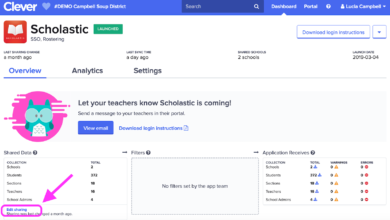How Estate Planning Can Help You Protect Your Assets From Traffic Violation Charges?

If you or any immediate family member were caught for overspeeding, you might have to face serious traffic violation charges. These charges often come with a handsome amount of fines. If these fines are not paid by the individual on time, their property and assets may be seized by the authorities.
Consulting with an experienced speeding ticket lawyer can help you understand the intricacies involved in traffic violation laws and how you can protect your assets from authorities. Estate planning is one of the most authentic ways to protect your assets from the authorities. Here is what you should know.
- Implement Asset Protection Strategies
Estate planning offers a range of mechanisms to safeguard assets from potential legal liabilities stemming from traffic violations. Through strategic planning and structuring, individuals can shield their assets by placing them in protective vehicles such as trusts.
By segregating assets in this manner, they create a legal barrier that helps mitigate the risk of asset loss due to legal actions resulting from traffic offenses.
- Calculate Liability Limitations
One of the central benefits of estate planning is its ability to limit personal liability, even in the event of accidents or violations. By utilizing tools like trusts, individuals can insulate their assets from being seized or encumbered to satisfy judgments related to traffic incidents.
This separation of personal and trust assets provides a crucial layer of protection, safeguarding wealth from potential loss due to legal entanglements.
- Preserve Your Family’s Wealth
Estate planning ensures the orderly transfer of assets to chosen beneficiaries, thereby safeguarding family wealth from the impact of traffic violations. Through the establishment of trusts and other planning vehicles, individuals can ensure that their assets are preserved for their intended heirs, even in the face of legal challenges.
By structuring their estate plans thoughtfully, individuals can maintain the integrity of their family’s financial legacy.
- Integrate Your Insurance
Integrating insurance policies into estate planning strategies enhances asset protection against the financial ramifications of traffic violations. By aligning liability coverage and other insurance products with estate planning objectives, individuals can further fortify their asset protection framework.
Insurance serves as a crucial risk management tool, providing financial support in the event of legal actions arising from traffic incidents.
- Consider Continuity Planning
Estate planning encompasses the creation of comprehensive instructions for managing assets in various scenarios, including those involving legal challenges such as traffic violations. By establishing powers of attorney, healthcare directives, and other continuity planning documents, individuals ensure the seamless management of their assets, even in the event of incapacity or death.
Discuss your matters with a living trust attorney to help you devise a trust plan that is holistic and proactive. This proactive approach to continuity planning mitigates the risk of asset vulnerability during periods of legal uncertainty.
- Hire Legal Help
Engaging legal professionals well-versed in both estate planning and traffic law provides invaluable support in navigating legal challenges and protecting assets effectively. By seeking expert counsel and representation, individuals can access specialized knowledge and resources to address legal issues stemming from traffic violations.
Legal professionals play a crucial role in devising tailored strategies to safeguard assets and mitigate potential financial losses.





